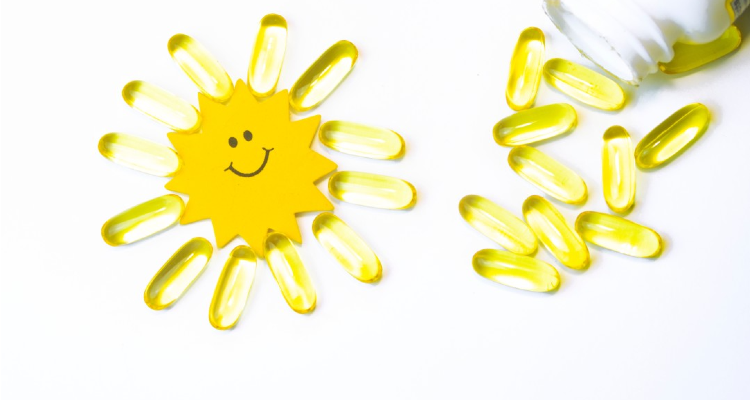Most people understand that proper supplementation means choosing the right nutrient. But did you know that how it's delivered can make a significant difference as well?
Liposomal delivery is an advanced nutrient-delivery system that increases the benefits of supplementation. Its unique method offers significant advantages when compared to others, such as capsules and tablets. Promising superior bioavailability and better absorption, liposomal delivery has become a popular choice for practitioners and consumers alike.
What are Liposomes?
To understand liposomes, we first must define lipids.
The term lipids describes a wide range of molecules, including triglycerides, fatty acids, and cholesterol, that cannot be dissolved in water. Because they're insoluble in water, lipids play a significant role in supporting cellular membranes' function and structure in the body.
Liposomes are microscopic fat-soluble vesicles derived from lipids. In liposomal delivery, liposomes are used to encapsulate and transport active ingredients in drugs and nutritional supplements to locations in the body where they are most efficiently absorbed.
The human gastrointestinal (GI) tract presents harsh, acidic conditions, which can compromise nutrients' viability. Liposomal delivery protects these nutrients from the GI more effectively than traditional methods, helping them to survive until they arrive at their desired destination. As a result, liposomal delivery increases bioavailability and decreases the risk of gut irritation.

History of Advanced Delivery Systems for Nutraceuticals
Practitioners have understood aspects of the science behind liposomes for centuries, but it wasn't until the 1970s that researchers began studying how to use them to administer pharmaceutical drugs more effectively. By the 1990s, liposomal products hit the market. More recently, the nutraceutical industry advanced this technology by applying it to nutritional supplements.
By arranging phospholipids into a spherical cell membrane with pockets of water and water-soluble compounds, researchers created a capsule that would protect active ingredients from stomach acid and other inhospitable digestive conditions. [1]
Many pharmaceutical companies use liposomal delivery via injection. However, nutraceuticals commonly offer orally administered liposomal supplements through liquids and sprays.
Does Liposomal Delivery Work?
The short answer is yes.
There is clear research showing liposomal delivery's advantages, such as better bioavailability and delivery to cells, increased absorption, and convenience for consumers. The enhanced liposomal delivery system also has equal or superior efficacy compared to capsules and tablets, delivering more powerful results even when traditional supplements are taken in higher doses.
Liposomal delivery can also help those with digestive issues and those who have trouble swallowing pills, and they're especially beneficial for those taking multiple nutrients or pharmaceutical compounds. Because liposomes prevent metabolization by the gut and liver, liposomal delivery tends to decrease the chances of drug-nutrient interactions. [2]
As with any nutritional supplement, quality matters. It's important to choose brands wisely to ensure stability, compatibility, potency, and consistency —even with liposomal delivery. With a reliable brand, liposomal delivery can offer benefits previously delivered exclusively through intravenous therapies.
Why to Consider Liposomal Delivery
Pioneers in nutraceutical science believe liposomal delivery is the next step in advancing supplementation. Doctors are also starting to favor this delivery method because their patients see results and reap more benefits than traditional delivery.
In many cases, traditional supplements show relatively low absorption due to GI tract degradation, liver metabolism, and low absorption in the small intestine. Alternatively, liposomal delivery protects nutrient and chemical compounds with phospholipids, improving its biocompatibility and increasing the likelihood to deliver the intended dose to the targeted cells and body tissues.
If you're considering new nutritional supplements, or haven't seen benefits from your current products, talk to your practitioner about liposomal options.

[1] Shade C. W. (2016). Liposomes as AdvancedDelivery Systems for Nutraceuticals. Integrative medicine (Encinitas, Calif.), 15(1), 33–36.
[2] Ahn, H., & Park, J. H. (2016). Liposomal delivery systems for intestinal lymphatic drug transport. Biomaterials research, 20, 36. https://doi.org/10.1186/s40824-016-0083-1


















